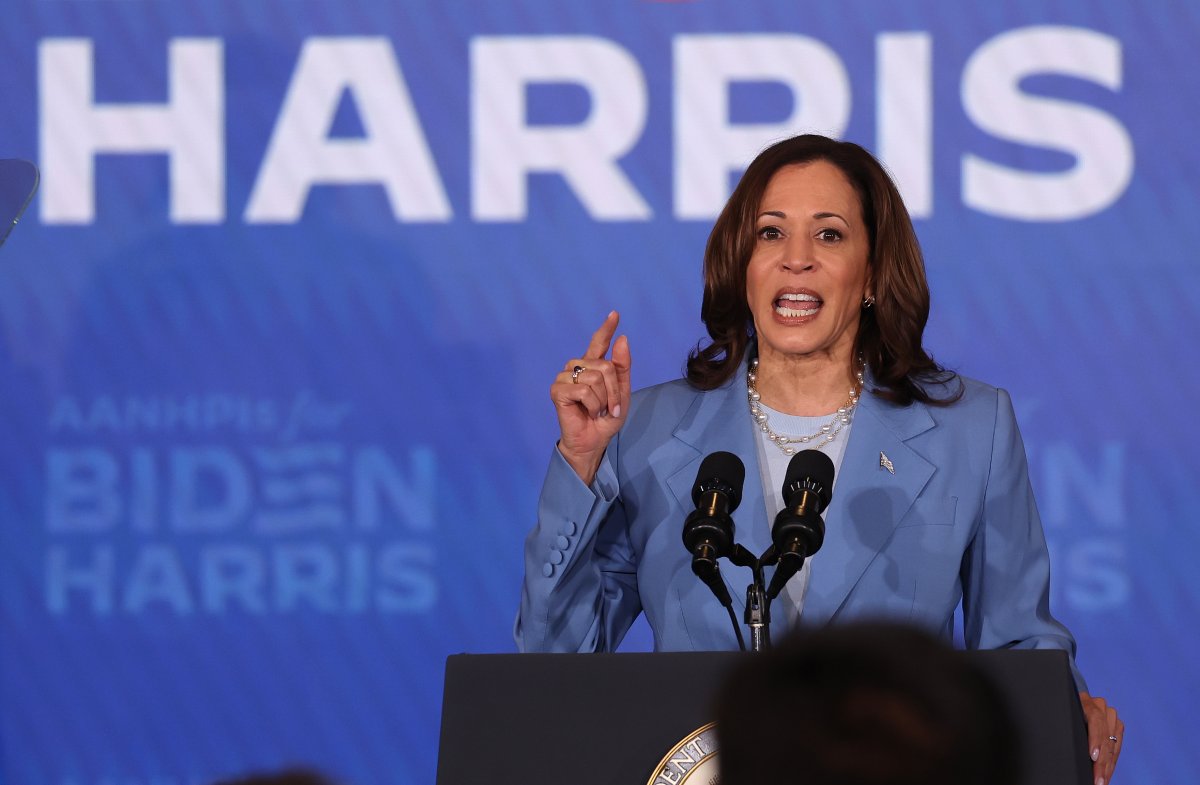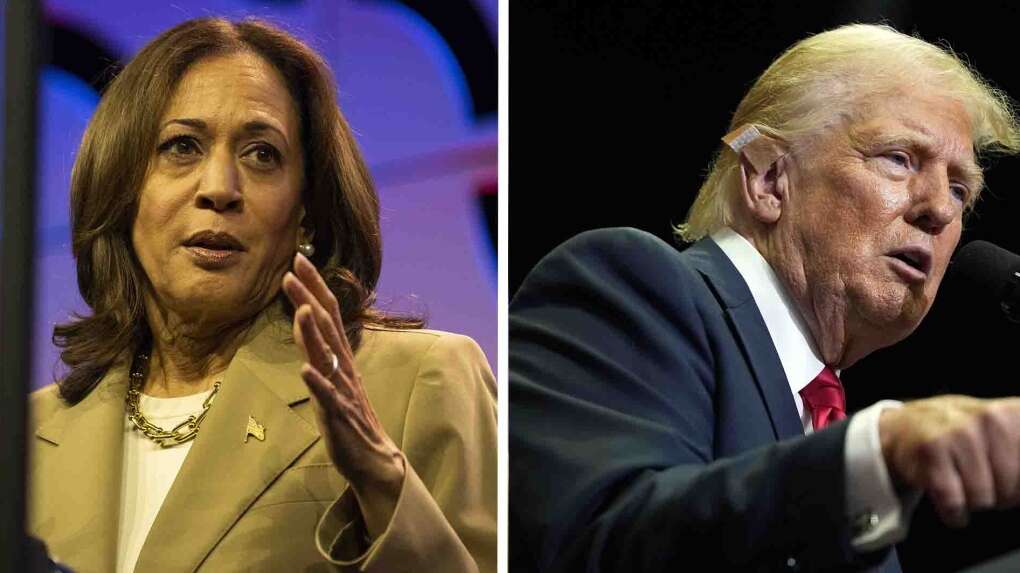In a surprising turn of events, former President Donald Trump refuses to commit to any debates until after the nominee of Kamala Harris for the Democratic ticket. This decision has sent shockwaves through the political landscape, raising questions about Trump’s strategy and the potential implications for the upcoming election. We will delve into the reasons behind Trump’s refusal and its impact on the political scene.
Why Trump Refuses to Debate
Donald Trump, known for his unconventional and often controversial tactics, has again taken a bold stance by refusing to engage in debates. Trump refuses to step onto the debate stage, citing several reasons for his decision.
Strategic Calculations
One of the primary reasons Trump refuses to debate is rooted in strategic calculations. By waiting until Kamala Harris’s nominee, Trump believes he can better tailor his debate strategy to counter the specific Democratic candidate. This move allows him to focus his attacks and arguments more effectively, potentially giving him an edge in the debates.
Media Attention and Control
Trump has always been adept at controlling the media narrative. By delaying his participation in debates, he ensures that his decision becomes a focal point of political discussion. This strategy not only keeps him in the spotlight but also allows him to set the terms of engagement.
Trump refuses to let the media dictate his actions, instead choosing to orchestrate the timing and nature of his public appearances.
Democratic Party Response
The Democratic Party has been quick to respond to Trump’s announcement. Party leaders have criticized his decision, accusing him of trying to avoid scrutiny and questioning his commitment to democratic processes. They argue that debates are crucial platforms for candidates to present their policies and engage with the electorate.
By refusing to debate, they contend, Trump is undermining the democratic principles that underpin the electoral process.
Kamala Harris’s Stance

Vice President Kamala Harris has also weighed in on Trump’s refusal. In a recent statement, she expressed her disappointment, stating that debates are essential for the democratic process.
Harris emphasized the importance of transparency and accountability, urging Trump to reconsider his decision. She highlighted that voters deserve to hear directly from the candidates and assess their positions on issues.
Republican Party Viewpoint
Within the Republican Party, opinions on Trump’s refusal. While some party members support his decision, viewing it as a strategic move, others are concerned about the potential backlash. They worry that Trump’s refusal might be a sign of weakness or an attempt to avoid tough questions.
Despite these concerns, Trump’s base remains steadfast in their support, applauding his unorthodox approach.
Previous Debate Strategies
Trump’s decision to refuse debates until after the Democratic nominee announced is unprecedented in recent political history. While candidates have occasionally skipped debates, the strategic timing and rationale behind Trump’s refusal set this situation apart.
Historically, debates have been crucial for candidates to present their vision and engage with their opponents.
Lessons from Past Elections
Looking back at past elections, it is clear that debates play a significant role in shaping voter perceptions and influencing election outcomes. Candidates who perform well in debates often see a boost in their poll numbers, while those who falter may face setbacks.
Trump’s refusal to participate in early debates introduces a new dynamic to this traditional aspect of the campaign, and it remains to be how this decision will impact the overall election landscape.
Conclusion
As the election season unfolds, all eyes will be on Trump and his unconventional approach. Trump refuses to engage in debates until after Kamala Harris’s nominee, a decision that has both strategic and symbolic implications. While his supporters laud his tactical acumen, his opponents criticize his avoidance of direct engagement.
The ultimate impact of this decision on the election remains uncertain, but this is clear: Trump’s refusal has already set the stage for a highly unpredictable and contentious campaign season. As voters prepare to head to the polls, the unfolding drama will undoubtedly shape the future of American politics.



